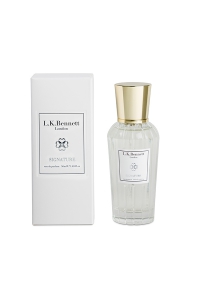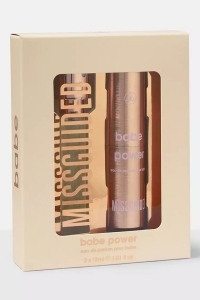From Paco Rabanne eau de toilettes to Dior perfumes, you have hundreds of options. With a little knowledge and an adventurous spirit, you can find scents that suit your style.
Fragrance 101
While fragrances differ in composition, they all have one thing in common: They get their scents from perfume extracts and essential oils. The distinctions between collections arise from the concentration and types of extracts and oils used.
To find your perfect fragrance match, you must first understand the science of perfumes. The two most significant factors are the scent notes and fragrance types.
Scent Notes
While some fragrances are simple, the majority contain several layers of smells for a more complex and unique effect:
• Top notes
• Heart notes
• Base notes
The top notes fade first, then the heart notes, then the base notes, allowing the fragrance to evolve over time. Top notes tend to be light and possibly nature-related, while heart notes are richer and more vibrant, and base notes are often earthy. For example, the Carolina Herrera perfume Good Girl Supreme has notes of tuberose, berries and vetiver.
Sweet notes are more popular in women's fragrances (such as Lady Million Prive by Paco Rabanne), while spicy scents are more universal (as illustrated by Amber Santal from Ajmal). One step in finding your preferred scent is figuring out which notes brighten your day:
• Floral
• Woody
• Fresh
• Green
• Citrus
• Aquatic
• Gourmand
• Spicy
• Fruity
Fragrance Types
Once you know which not categories you're drawn to, it's time to think about intensity. Some people like fragrances that linger all day, while others prefer a scent that fades in an hour or two. Your preference impacts which fragrance type you want:
• Eau Fraiche: up to two hours
• Eau de Cologne: two to three hours
• Eau de Toilette: four to seven hours
• Perfume Oil: up to eight hours
• Eau de Parfum: eight hours or more
• Parfum: 12 hours or more
Each type has a different concentration of oils and extracts; the higher the oil percentage, the more robust and long-lasting the scent. Higher concentrations are typically also more expensive. However, there's a wide price range, even within a particular type. For example, an eau de parfum from Paco Rabanne and one from Bond No. 9 can differ by as much as
$150.
Fragrance Uses
Wearing fragrances is one of the most common uses, but you can also utilise them as room sprays and air fresheners. For best results, dilute them with water to avoid introducing too much alcohol into the air. If your perfume is oil-based, you can use it in a diffuser.
You can also use fragrances to revitalise cramped spaces like a closet. To accomplish this, saturate cotton pads or balls, wait for them to dry, then place them in a corner or on a shelf for a fresh waft of perfume whenever you open the door.
As you search for the perfect scent, check out LaBelle Perfumes's online selection. You can find an incredible range of affordable fragrances from Paco Rabanne to Mont Blanc.






